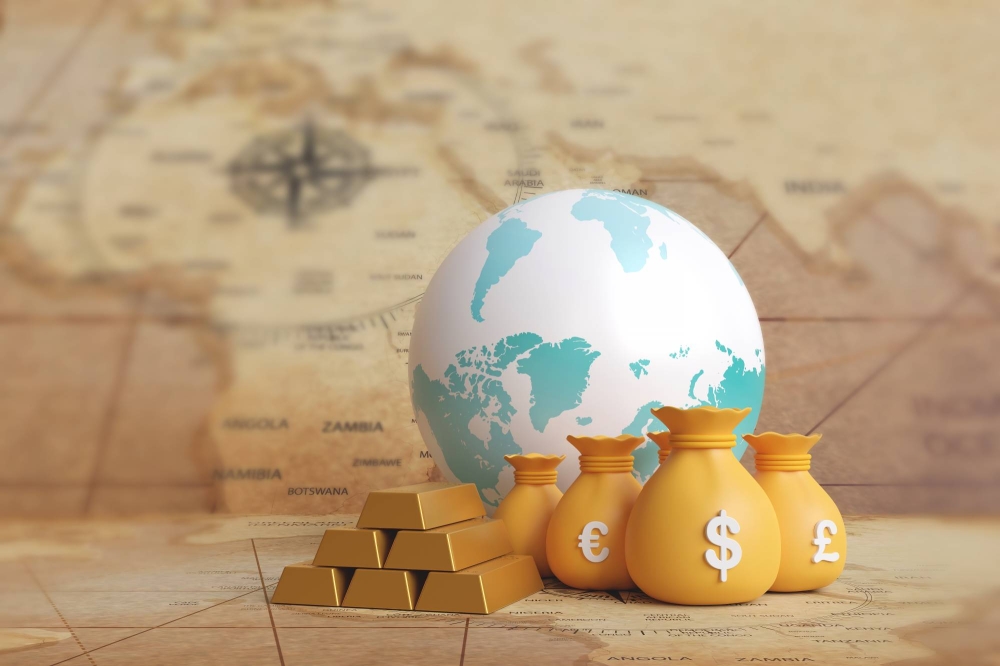Today’s economic outlook is strangely contradictory. While global markets, led by technology and energy, have been ebullient over high short-term profits, the mood at the Spring Meetings of the World Bank and the International Monetary Fund recently was decidedly somber. Two global institutions that normally speak in banalities issued strong warnings about the growing risks of economic fragmentation.
The idea that an interdependent global economy can work within a geopolitical system based on the national sovereignty of nearly 200 states has always reflected a certain amount of idealism. Or perhaps it was more like hubris. This strange marriage did, after all, collapse in the 1930s, with the division lasting through the end of World War II.
But idealism was not dead and the global system was subsequently rebuilt on a foundation of agreed rules, shared international institutions, a degree of mutual forbearance and crisis management. From the start, security considerations were kept as separate as possible from the economy, but this became especially important in the 1990s, when countries with radically different regimes began integrating into the global economy.

